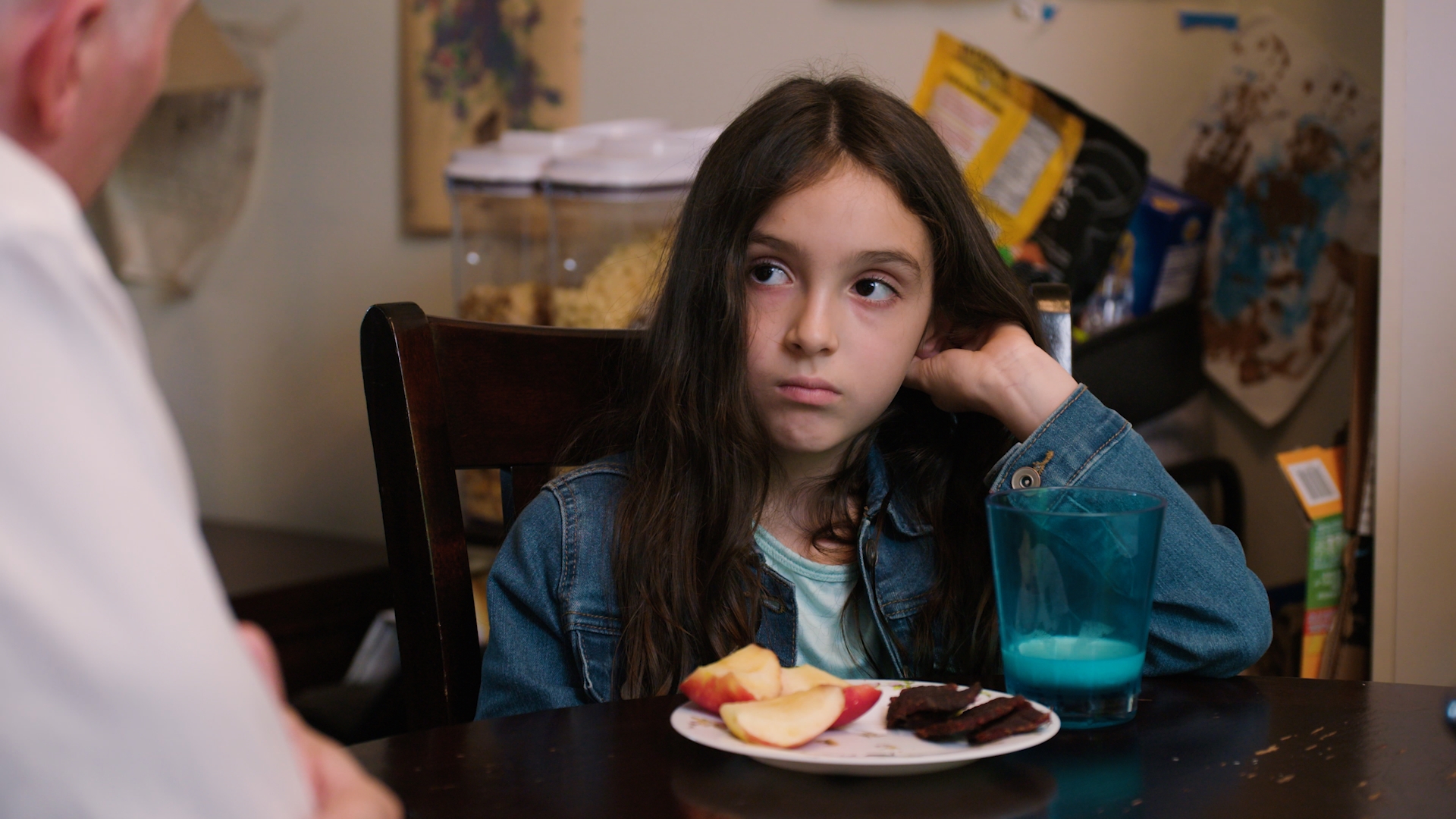Violations ranging from medication errors to failure to prevent a choking death at state institutions for people with developmental disabilities prompted new federal sanctions against the Department of Social and Health Services (DSHS), the state agency that runs the facilities.
The KING 5 Investigators found that inspectors noted so many violations of state and federal regulations in 2016 at Fircrest in Shoreline and The Rainier School in Buckley that they took the serious step of withholding federal funding for new admissions. The other two institutions for the disabled in Washington state, Lakeland Village near Spokane, and the Yakima Valley School in Selah are currently fully certified.
Approximately 800 residents with developmental disabilities, such as Down syndrome and autism, live in the four state facilities, known as Residential Habilitation Centers (RHCs). The federal government contracts with state experts to survey the RHCs to ensure they are in compliance with mandatory health, safety and treatment regulations.
Many of the 2016 violations were similar in nature to what inspectors noted in 2015. As KING 5 reported in February, 2015, the Department of Health and Human Services Centers for Medicare and Medicaid Services froze new admissions at The Rainier School, Fircrest and Lakeland Village for an 11-month period until the facilities made improvements to get back into compliance.
The 2015 violations ranged from leaving vulnerable clients strapped to chairs and toilets for long periods of time without staff checking on them, to exploiting clients financially.
“Abuse and neglect of vulnerable persons must stop. We can all agree on that. The safety of people living in RHCs is a persistent problem,” said Reisha Abolofia, an attorney with the advocacy group Disability Rights Washington.
Abolofia wrote a report on the 2016 violations entitled No Excuses: shining a light on abuse and neglect of people with developmental disabilities in Washington’s institutions.
“The lack of care in these RHCs results from systemic neglect of people with developmental disabilities,” said Abolofia.
After an alleged rape of a resident by a staff member in November 2016 at The Rainier School, inspectors found the RHC immediately out of compliance and that “the non-compliance posed an immediate jeopardy to resident health and safety.” Cathy McIvor’s sister Maryann Stallone, age 58, was the alleged victim. According to police reports a staff member walked in and witnessed a nightshift supervisor raping Stallone, who has autism and is non-verbal.
“I’m horrified by it, I’m devastated. I have nightmares sometimes. I wake up with a panic attack picturing that man on top of her, raping her,” said McIvor.
KING 5 is publishing the name and likeness of Maryann Stallone with the permission of McIvor, her legal guardian. She said she wants her sister’s story told to help prevent others from being abused.
McIvor said the rape was preventable, especially since the staff member, now charged with rape and awaiting trial in the Pierce County Jail, admitted to being accused of sexual assault at The Rainier School a few years prior to the most recent incident. The alleged rapist, Terry Wayne Shepard, worked at Rainier for 34 years before his arrest.
In addition, McIvor said she called Rainier to report suspicious bruising on her sister's pelvic and thigh areas six months before the alleged rape. She doesn't believe any of the warnings were taken seriously by Rainier.
“When you let a worker with a prior sexual allegation remain on duty in a position with vulnerable adults, it’s not right, it’s not right. It should have never happened. Never,” said McIvor, who is working to move her sister out of Rainier. “Why would they leave him on a floor with vulnerable female adults? On the female ward, at night, on the graveyard shift?”
“It was an appalling situation that none of our residents or any individual should experience. We applaud our staff that intervened when they witnessed the event and are grateful they made immediate notification to law enforcement. The employee in question was immediately terminated,” said Don Clintsman, a top DSHS official charged with overseeing the RHCs.
Other violations found by inspectors in 2016 include:
- Failure to prevent the choking death of a man known to need assistance with eating.
- Failure to prevent a near drowning of a man who fell into a lake in his wheelchair during a Rainier School outing. Investigators found staff was not trained in water safety and did not have life preservers on any of the residents.
- “Significant” medication errors.
- A staff member sleeping on duty.
- Failure to administer CPR to an unresponsive resident who died.
- Five nurses at Lakeland Village who had expired nursing licenses, yet were caring for patients.
- No First Aid training for staff at Fircrest.
- Residents found sitting without any meaningful activity for long periods of time.
- No qualified staff to adequately help blind residents at Fircrest.
- Unclean and unsafe condition of facilities.
“The safety and well-being of our clients is paramount. We have submitted plans of correction to all of the survey outcomes and all of our plans have been accepted. A majority of the corrections have been implemented and the others are in the process of being put into place,” said Clintsman.
“Disability Rights Washington calls for the convening of a group of individuals with disabilities, their family members, guardians, friends, advocates, and state officials and policymakers. This group should identify the systemic root causes of abuse and neglect of people in our state’s institutions, and then identify and implement solutions. These solutions must ensure that the women and men in these institutions are safe and get the full benefit of the services they deserve,” said Abolofia.
In a 2015-2016 multi-part series “Last of the Institutions,” KING 5 revealed that Washington state lags behind much of the country in its continued institutionalization of citizens with intellectual and developmental disabilities such as autism, Down syndrome and cerebral palsy. Every state on the West Coast has either closed all of their institutions, such as Oregon, or has a concrete plan to do so (as in California).
Civil rights experts, including the civil division of the U.S. Department of Justice, consider unnecessary institutionalization of people with disabilities a form of unlawful segregation and discrimination as per Title II of the Americans with Disabilities Act.
“There are other options out there for people with developmental disabilities,” said McIvor. “These people are like you and me. They deserve to be in the public eye, just as much as you and I do.”


